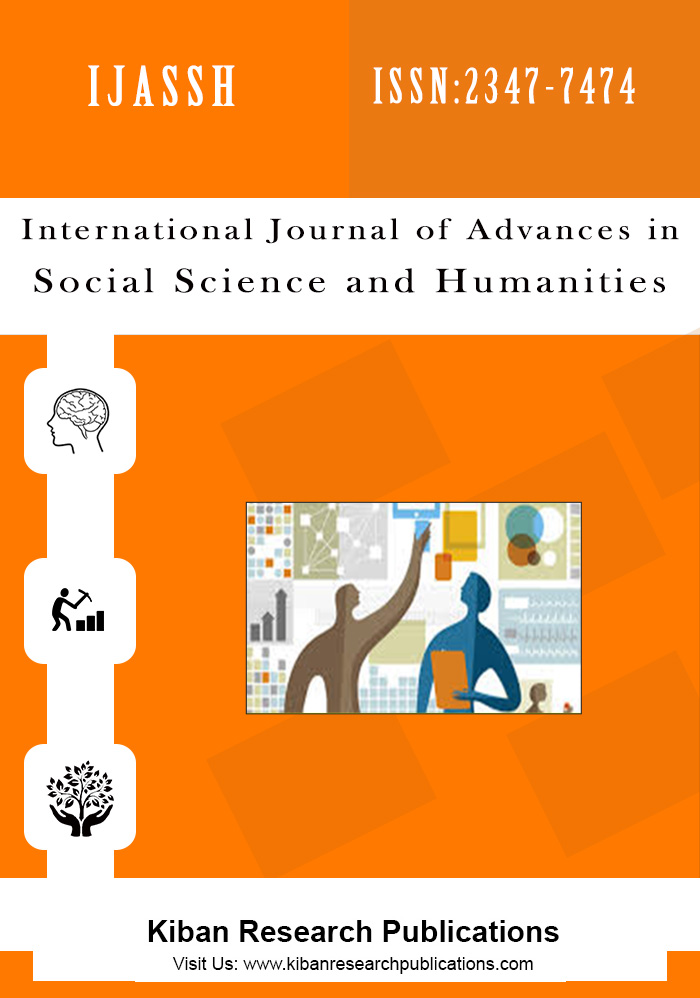A Study of Reverse Logistics in the Brazilian Solid Waste Policy
Abstract
Â
This article brings a summary analysis of the Brazilian solid waste policy in the aspects of reverse logistics and shared responsibility, with the main premise to protect the environment. The analysis of reverse logistics techniques provided for in Brazilian Solid Waste Policy, Law no. 12.305/2010, should be seen as a way to make the industry more sustainable (environmental, economic and social pillars), as well as address the inherent public policy. A brief analysis with other countries will be done in order to demonstrate how the technique of reverse logistics has been developed in the world. The comparison performed between Brazil and the world is indispensable to achieve the effectiveness of the procedure. The environmental liability of companies will be analyzed as the reverse process occurred during the lifetime of the product, with the aim of promoting better environmental preservation through appropriate legal measures. The decisions of the Higher Courts are also analyzed in this work to demonstrate the practical applicability of the legislation in force.
Â
Keywords: Reverse logistics, Environmental responsibility, Legislation.




